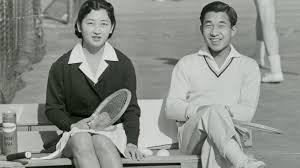As Emperor Akihito officially declared his abdication at the Imperial Palace in Tokyo, he wished ‘Japan and the world peace and prosperity’.
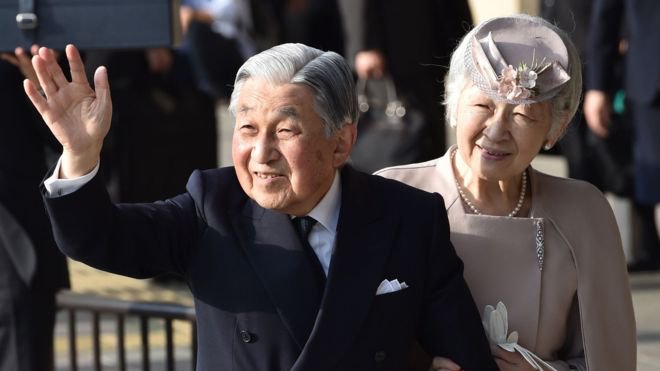
And with that, curtains were drawn on a 30-year-long reign of a beloved leader of the nation, making it the first time in 200 years that a Japanese emperor was stepping down from his position of his own will.
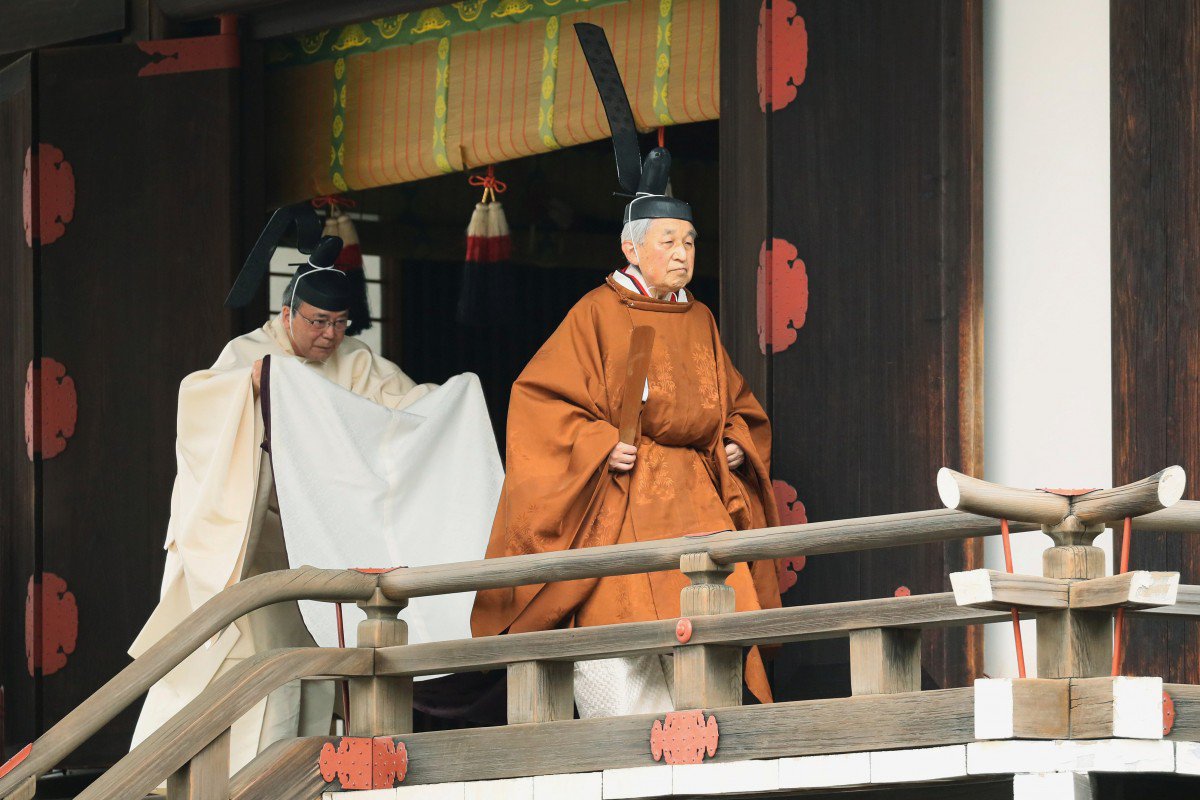
The 85-year-old Akihito was given permission to abdicate after he expressed his desire for the same due to deteriorating health.
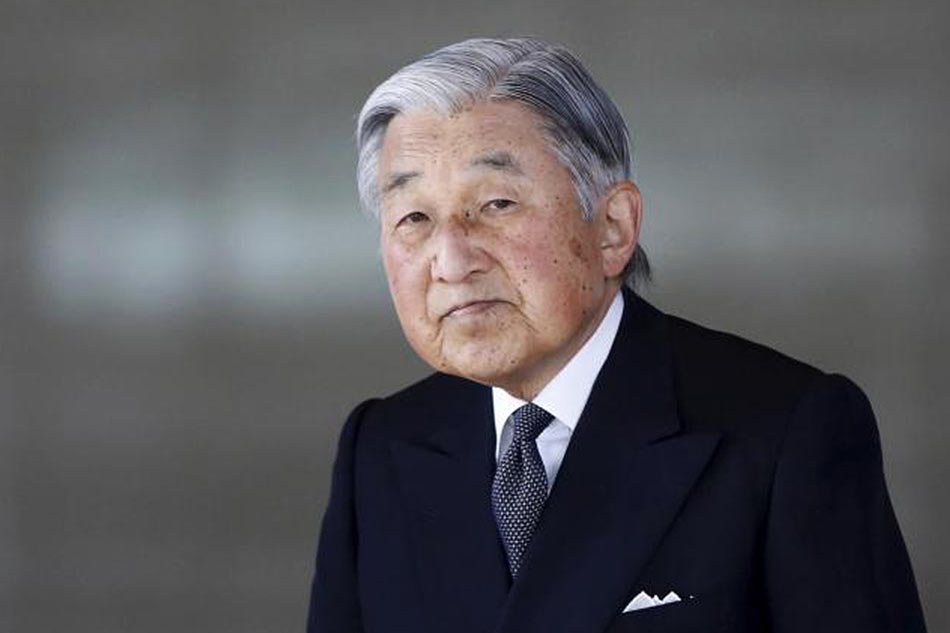
Akihito assumed power after his father’s demise in 1989, which was a great time in the nation’s history. Business was good and people were happy.
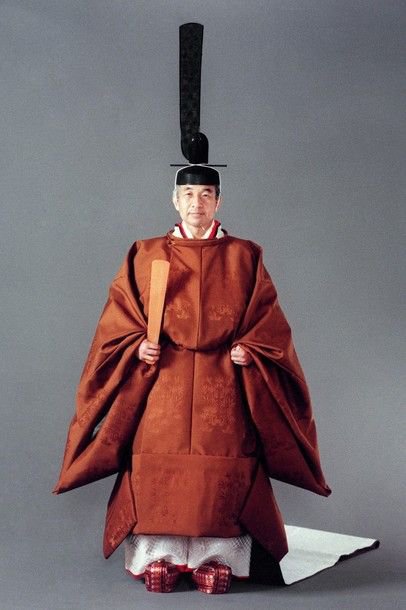
But soon after he became the emperor, the stock market took an irreversible plunge and calamities stuck Japan. One of them was the earthquake of 1995 that claimed many lives and destroyed the infrastructure.
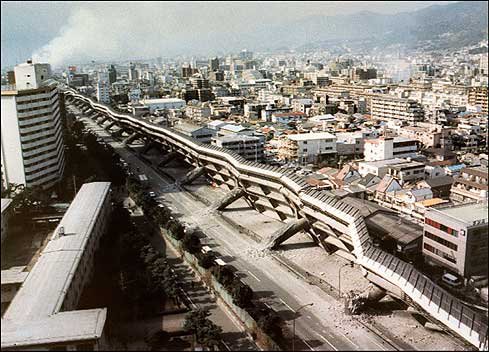
Years later in 2011, a tsunami swept away towns and thousands of people with it. That proved to be a turning point for the emperor.
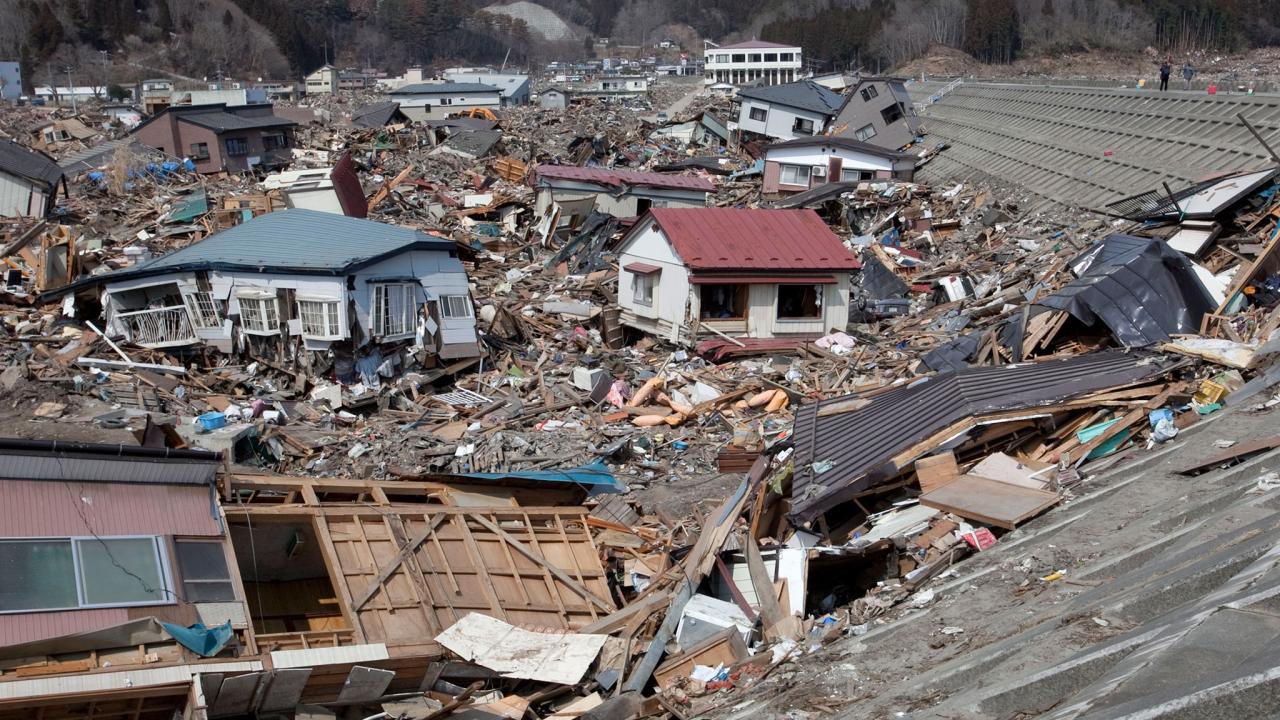
In a first, the emperor – who is a representative figure – came in front of the TV and addressed the nation. Soon after, the royal pair visited the evacuation centre, knelt in front of the people and asked them about their worries.

This helped him make an indellible mark in the hearts of his people. The ‘symbol of the state and unity of the people’ is banned from expressing any political opinions. Not that he needed it. Many would say humility and goodness were his politics.
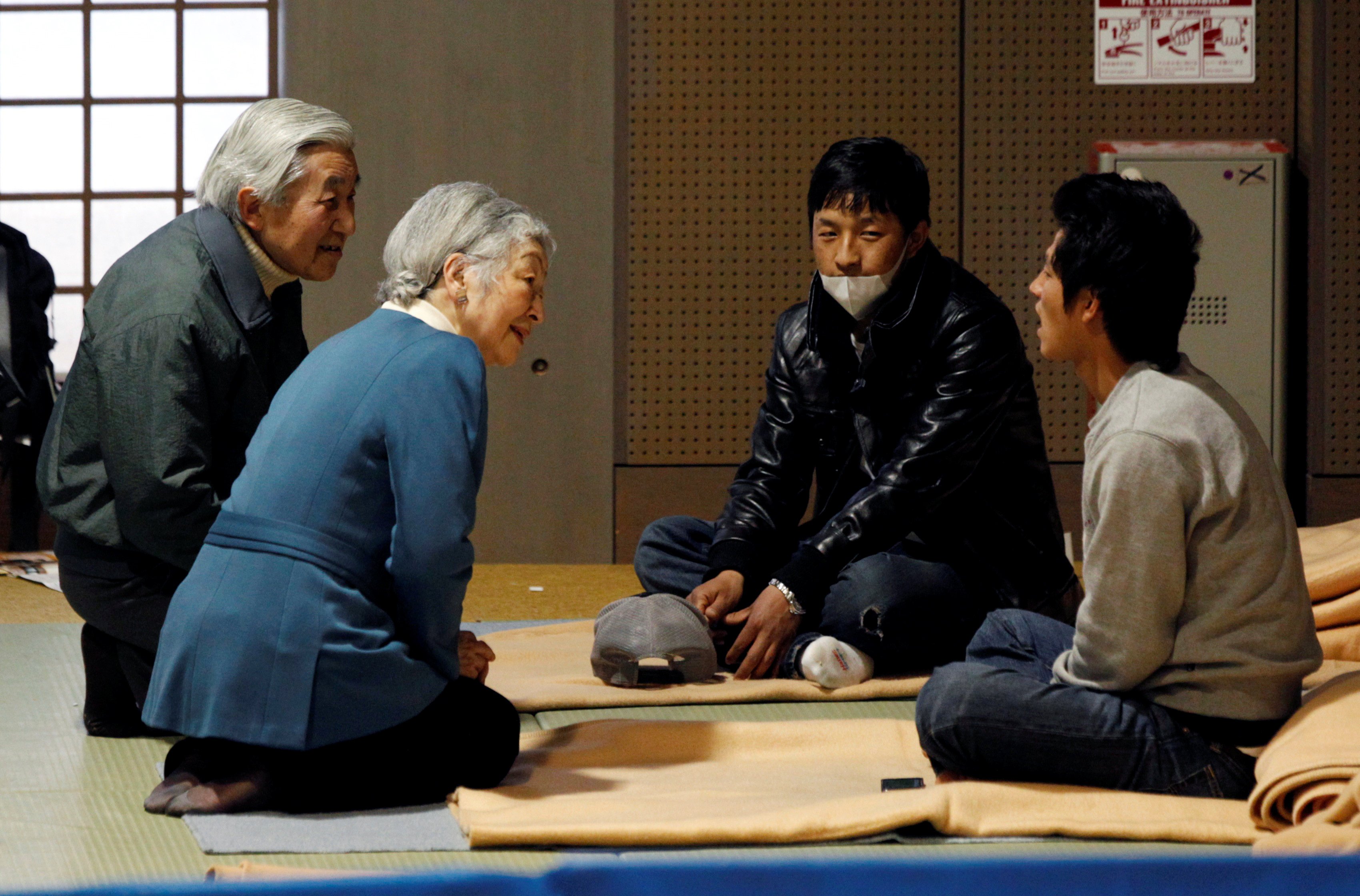
A pacifist by nature, he was a 12-year-old boy when he witnessed his nation burning in the aftermath of the Hiroshima and Nagasaki attacks and decided to dedicate his life to peace and harmony.
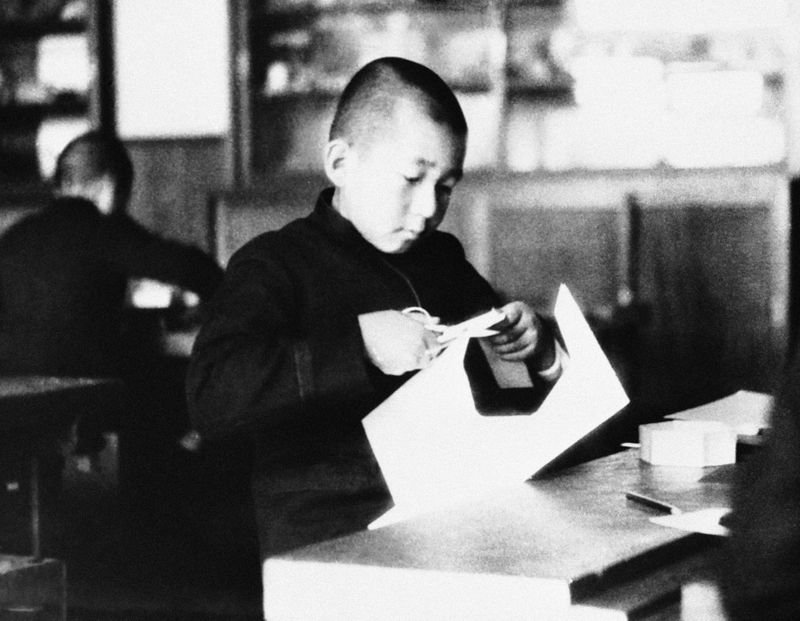
Akihito was always on the side of love; something evident by the fact that he chose to marry a girl who wasn’t a royal, after falling in love with her during tennis practice sessions. That girl was Empress Michiko.
